

In a perfect world, the Netherlands would encourage a scale-up entrepreneurial atmosphere in which young companies could thrive. It would be a Dutch ecosystem in which young companies had access to the right investment and structural access to experts in strategic growth. But is the Netherlands this kind of place?
Justin Jansen and Tom Mom from RSM and Martin Luxemburg from the Erasmus Centre for Entrepreneurship talked with Constantijn van Oranje, special envoy at Techleap.nl, about the current status of the Dutch scale-up ecosystem, including its main challenges and important steps forward for Dutch entrepreneurs.
"The Erasmus Centre for Entrepreneurship has developed the ScaleUp Dashboard. Although the number of scale-ups has grown substantially over the years, we noticed that the increase in the number of them had come to a standstill, even before the COVID-19 outbreak. How would you describe the current scale-up ecosystem in the Netherlands?"
"We have recently seen an increase in the availability of capital. We’ve also seen relatively larger rounds driven by foreign investors. However, the future will depend on the maturity of the venture capital system and the willingness of founders to accept venture capital. Unfortunately, many ‘pre-unicorn’ companies are often hesitant to accept venture capital, because they’re afraid to sacrifice control for growth. But good investors can provide access to expertise, networks and markets that you otherwise wouldn’t have. I advise companies to go with the best investors. Start at the top of your list and work your way down. You go for the best and these may not be in The Netherlands."
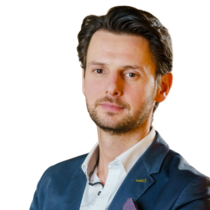
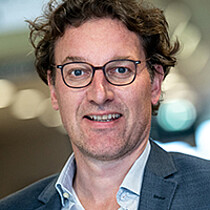
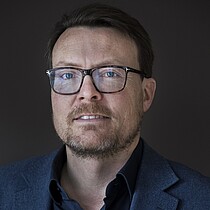
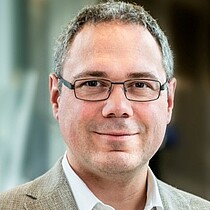
…Many companies that are considered scale-ups lack a long-term vision.
Constantijn van Oranje, special envoy, Techleap.nl
“Our research shows that nearly two-thirds of scale-ups lose rapid growth after 5-8 years. Many struggle to attract new leadership talent with the necessary qualities and skills, obtain follow-up financing, and organise the enormous complexity within their fast-growing organisation. Do you think start-ups are aware of what exactly scaling is as a practice within an organisation?”
"Not always. Many companies that are considered scale-ups lack a long-term vision. It’s like they build a house and then try to add another storey to it. But they should be building a skyscraper from the start. This is a real limitation. Successful companies don’t stumble from one phase to another. Instead, they design themselves to be international in scope from the outset, with an international vision as a starting point.
If you talk to successful entrepreneurs, they are like top athletes. They think systemically about all parts of their business, and they ask the right questions. How can we hire the right people? How can we retain our culture in a fast-growing organisation? Which investors are right for us, and under which evaluations and risk factors? There is also another issue: the need for business skills in young, science-driven companies. Often, these founders’ main skill set is product development, not running a company, sales or marketing – especially in a growth phase. However, the Dutch ecosystem doesn’t have enough high quality mentors – – which is one of the reasons why Techleap.nl exists. We bring together a community of people who have learned how to scale and who can provide insight to start-ups who haven’t done it before. If a scientist doesn’t feel able to conduct start-up activities, they should be able to find a partner who can."
"We have found that successful scale-ups focus on getting their leadership team in order, scaling their own internal DNA and professionalising their organisation. How can we help young entrepreneurs to strengthen these aspects?"
"Through tougher questions from accelerators and incubators. People who want to get into the ring are celebrated like heroes just because they are entrepreneurs. But who is going to tell them they are on the wrong track? Who is going to tell them they can’t be a truly international company if they only hire a homogenous workforce of white, Dutch-speaking engineers? Regional development agencies also need to get tougher on issues such as team design, organisational design, product development, and long-term funding strategy.
Investors such as ‘super angels’ can also help bring companies to a different level. These kinds of investors have an eye for structural design and increased transparency with peers. They can bring these companies out of their own echo chamber."

"Scale-ups are not just drivers of innovation within certain sectors and economies – they are also a provider of future-proof jobs. What we want in the Netherlands is a ‘snowball effect’. Is this realistic?"
"There is a lot of good momentum in the Netherlands. But we need to be more honest. We are all trying to support the ecosystem, but are we providing enough support to entrepreneurs? For instance, tech entrepreneurs don’t have a place at the table. And the government doesn’t fully understand how venture capitalists work – the ecosystem hasn’t been able to get fiscal adjustments to support options for early stage funding.

We also have an old-fashioned investment model in the Netherlands, with a ‘1-in-10 success rate’ approach. There isn’t nearly enough of a strategic investment view towards de-risking. We should be going for an 8-in-10 success rate, which is very doable with the right support from the right investors. We are also too laid back. We think we are leaders in areas such as water and agriculture. But I would argue that we are losing out in these areas to companies with cutting-edge technology. Sure, we have a few companies we can be really proud of, but we should be nurturing many more. How do we compare to countries like France, Israel, China or the US? We’re not even close. And the companies in the Netherlands that are trying to do great stuff? We aren’t helping them grow."

"Agreed. We know a quantum start-up that could grow with a lab costing €2-3 million but can’t get funding for it. Do you think that this reluctance to invest might have something to do with how the Dutch see innovation?"
"Perhaps. The Netherlands has a legacy of incremental innovation, but not disruptive innovation. There is a reluctance to change things up. In our country, everybody knows who has which share of the pie. It’s a regional polder model approach that is stifling progress. These types of traditional clusters are not where innovation is happening. Examples here include food production and healthcare. There is some local innovation, but we don’t export it."
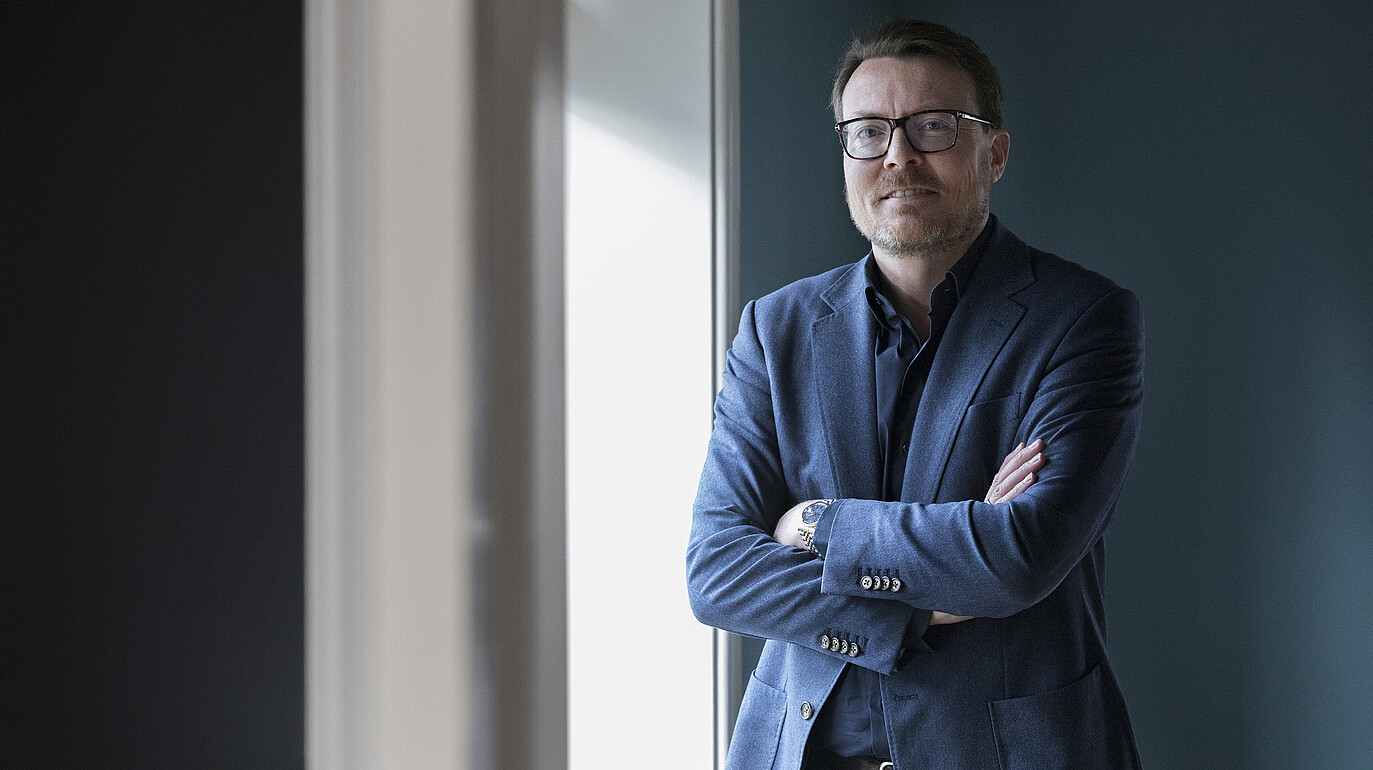
"Erasmus and TU Delft are launching Talents United – a talent programme to open up the world to students, staff and researchers."
"This is a good thing. Many academic institutions actually take a rather a demotivating approach to entrepreneurship. For instance, academic rewards are still based on publications, not patents and spin-out companies. And when companies do form, some universities have restrictions on ownership by inventors of just five per cent in shares. This can hold things back."
"Our idea is to bring together people from different backgrounds, introduce more connections, and create a flow towards scale-ups."
"Clearly, diversity is important. Too often in the Netherlands, we see people who hire for conformity, not excellence. They go with people who ‘fit the team’. Successful companies, on the other hand, use a ‘critical hire’ approach to hire people a little above their own capabilities. Companies can also see venture capital as a way to acquire the things – and people – they can’t pay for. If an investor can give you access to the best people, this is a good investment. I always like to ask the following questions: why do you want to be an entrepreneur? And for how long? You get two kinds of answers. Some think about a great exit from the start. Others focus on building an incredible company. Either way, the Dutch ecosystem needs to build on the momentum it has created if our entrepreneurs are to keep up."

Science Communication and Media Officer
Rotterdam School of Management, Erasmus University (RSM) is one of Europe’s top-ranked business schools. RSM provides ground-breaking research and education furthering excellence in all aspects of management and is based in the international port city of Rotterdam – a vital nexus of business, logistics and trade. RSM’s primary focus is on developing business leaders with international careers who can become a force for positive change by carrying their innovative mindset into a sustainable future. Our first-class range of bachelor, master, MBA, PhD and executive programmes encourage them to become to become critical, creative, caring and collaborative thinkers and doers.
